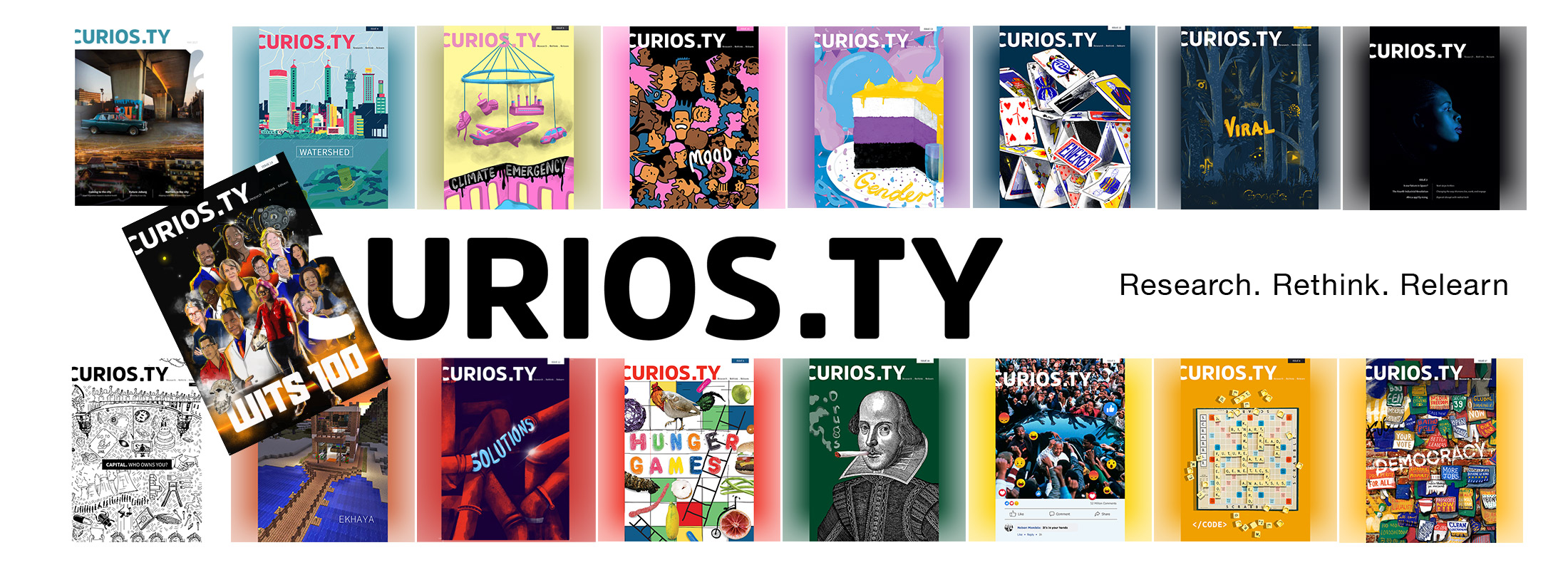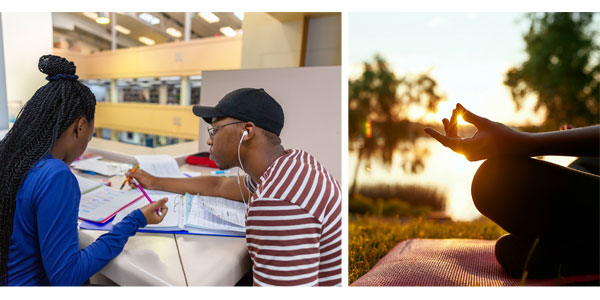
Getting into that natural study rhythm
- Ntando Hoza
Q&A: Academic stress and pressure can lead students to use unhealthy choices such as medication cocktails, energy drinks and supplements.
Ntando Hoza asks Shameen Naidu, a psychologist at the Counselling and Careers Development Unit about healthier ways to cope.

How can students improve focus and concentration without resorting to drugs or substances?
Start with an appropriate study environment that is preferably quiet and free from distractions. Establishing a study routine or timetable is crucial.
Regarding actual studying, there are many different individual styles and techniques. Students should identify what works best for them, whether it's visual, auditory, or another technique.
In general, breaking up study material into smaller, manageable sections or tasks helps improve focus. One useful study method is the Pomodoro Technique, which involves studying for a concentrated period, followed by a short break. Periods should be timed, and after completing several cycles, breaks can be extended.
Breaking up the workload and adhering to a schedule is also useful in reducing the feeling of being overwhelmed, which creates unnecessary stress.
Sleep right, sleep tight
Sleep is incredibly important for maintaining energy, focus, and concentration. Students should ensure that they get seven to eight hours per night after studying, and before an exam. Practising good sleep hygiene is recommended to establish a good sleep pattern, including maintaining a calming bedtime routine, turning off electronics at least an hour before bed, and engaging in wind-down activities before going to sleep.
Get moving
In addition to rest, exercise and physical activity are also important. Regular breaks should incorporate exercise or a sport, which not only benefits mood but also contributes to brain health. Physical activity helps with the stress of academic work and enhances focus and concentration.
Hobbies and maintaining social connections that help students relax and unwind are also beneficial.
How can students increase their energy levels and maintain mental alertness throughout the day?
Physical activity, hydration (drinking enough water), and sleep!
Are mindfulness techniques or relaxation exercises an alternative to medication?
Yes, practising stress management techniques, such as mindfulness, deep breathing exercises and meditation can be extremely helpful.
What coping mechanisms or strategies can students incorporate daily to cope with academia?
Students should prioritise what is important. Creating a schedule that accommodates academic obligations, rest, relaxation, as well as a healthy social life is necessary for a well-balanced life.
- Ntando Hoza is Communications Intern for Wits University.
- This article first appeared in Curiosity, a research magazine produced by Wits Communications and the Research Office.
- Read more in the 16th issue, themed: #Drugs, where we highlight the diversity, scope, and multi-dimensional nature of drug-related research at Wits University.

